Bananas:
A banana is an edible fruit – botanically a berry – produced by several kinds of large herbaceous flowering plants in the genus Musa. In some countries, bananas used for cooking may be called “plantains”, distinguishing them from dessert bananas. The fruit is variable in size, color, and firmness, but is usually elongated and curved, with soft flesh rich in starch covered with a rind, which may be green, yellow, red, purple, or brown when ripe. The fruits grow in clusters hanging from the top of the plant. Almost all modern edible seedless (parthenocarp) bananas come from two wild species – Musa acuminata and Musa balbisiana. The scientific names of most cultivated bananas are Musa acuminata, Musa balbisiana, and Musa × paradisiaca for the hybrid Musa acuminata × M. balbisiana, depending on their genomic constitution. The old scientific name for this hybrid, Musa sapientum, is no longer used. According to Wikipedia.
Musa species are native to tropical Indomalaya and Australia, and are likely to have been first domesticated in Papua New Guinea.They are grown in 135 countries, primarily for their fruit, and to a lesser extent to make fiber, banana wine, and banana beer and as ornamental plants. The world’s largest producers of bananas in 2017 were India and China, which together accounted for approximately 38% of total production
The traditional banana farming encountered various problems like non-availability of disease-free uniform suckers, high mortality in the field during establishment due to excessive flood irrigation, long gestation period and low yield. The reasons behind this could be adduced to non-availability of disease-free quality planting material and lack of hi-tech farming awareness among the growers. Mass propagation of disease-free high yielding clones to produce consistently uniform and true to type plants by tissue culture is the only alternative for banana plantations.
The advantages of tissue culture raised banana plants are:
- Tissue culture banana cultivation leads to true to the type of mother plant. No room for variations in a well managed plant production. This ensures that the offspring plants are of the same high yielding and good quality as the parent.
- Better establishment in the field due to accelerated growth and well developed root system for better absorption of nutrients. This is important for ensuring efficient utilisation of resources.
- Infection free planting material (Pest free, Disease free and Virus free). This important because one diseased plant may infect all nearby ones and thus drastically reducing crop yields.
- Uniform growth of all the plants unlike plants cultivated using suckers. So minimum number of harvests that reduces the cost and scope for getting a uniform ratoon crop. This ensures that fruits are ready to be harvested at the same time from all plants, rather than a staggered harvest.
- Optimal yield is ensured following proper cultural practices. This is not only about more bananas, but also a better quality of the fruit with respect to size, weight and flavour.
- Shorter harvesting period (Earlier maturity of crop) enables flexibility in accordance with planting season and marketing demand. Because of shorter crop duration of crop, two successive ratoons are possible with reduced cost of cultivation and increased profits.
- Large quantities of healthy and uniform tissue culture banana plants can be supplied at a time round the year. This ensures the best returns on the investment into the field.
- 95 to 98% plants bear bunches. This maximizes the crop output of the field, leading to a better overall profit to cost ratio per plant in the field.
- High benefit to cost ratio ensure good profits.
Though majority of the plant tissue culture companies in India are engaged in the production of different varieties of Banana seedlings, the variety ‘Grande Naine’ (misspelt widely as ‘Grand Nine’ and ‘G9’) occupies the major share. Robusta, Williams, Red banana, Hill banana (Virupakshi), Elakki and Malbhog from Assam are also produced.
We at Hybrid Agri Pvt. Ltd aspire to be the farmer’s choice when it comes to Tissue Culture Banana Suppliers because of our state-of-the-art technologies which are aimed towards maximising the crop output in the field.

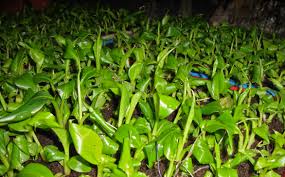
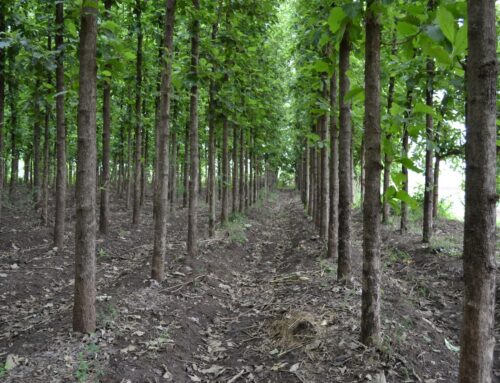
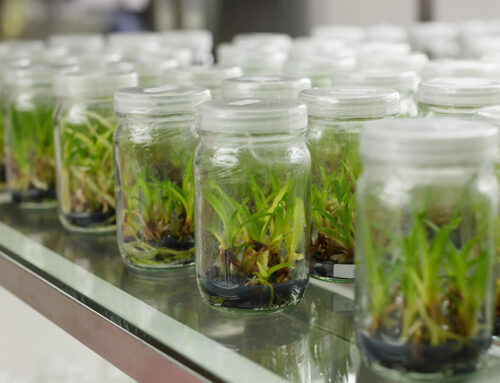

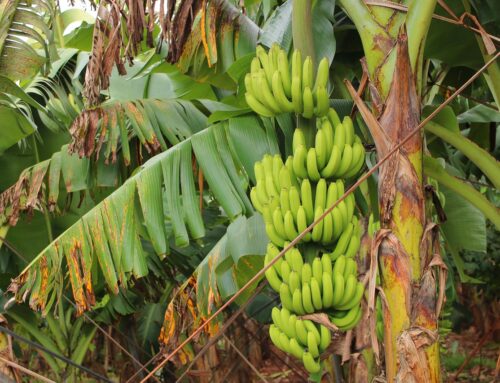
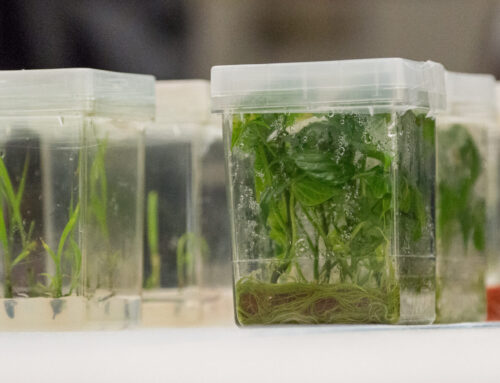
 WhatsApp us
WhatsApp us